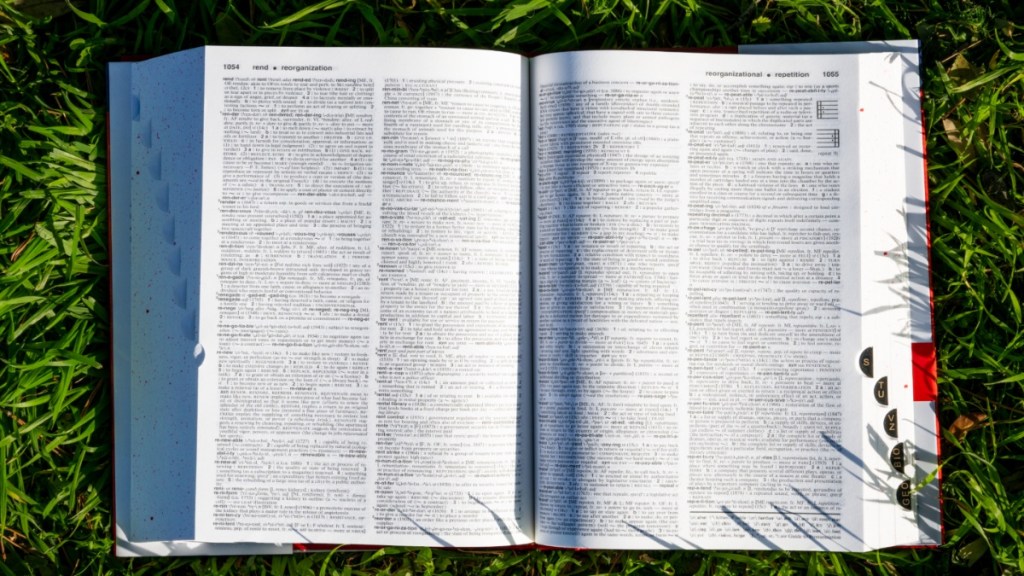In what can only be considered a very recent phenomenon, a lot of internet slang, like “Skibidi” and “Delulu”, are being added to the Cambridge Dictionary this year, effectively changing the face of the English language. Among the 6,000 new words that have been added, popular internet slang terms have made their way to the dictionary.
Internet slang is being added to Cambridge Dictionary
Terms like “Skibidi,” “Tradwife,” “Work Wife,” and “Delulu” have all made their way to the Cambridge Dictionary this year, giving a glimpse at the ever-evolving nature of the English language. Most of these terms emerged as gibberish slang or were often coined by specific people online. Yet, things have seemingly changed as they have made their way to the mainstream language.
As so much of communication is through the internet now, the boundaries between what is defined outside of it and what is defined inside it are slowly blurring.
“Internet culture is changing the English language, and the effect is fascinating to observe and capture in the dictionary,” said Colin McIntosh. He is a lexical program manager and the Chief Editor of the Cambridge Advanced Learner’s Dictionary. (via BBC)
Among the words that have been added, some lack exact meanings. As per the Cambridge Dictionary, Skibidi, for instance, does not have a well-defined meaning. Originating from the Skibidi toilet meme, it is a word that can denote something bad, negative, cringey, or cool. However, the meaning can change with the context.
Meanwhile, words like Delulu are shortened versions of existing words. Delulu is a slang abbreviation of delusional, a well-defined word for years. Moreover, some words are mixtures of two words. For instance, Broligarchy (bro and oligarchy) is one such word that made it to the dictionary.
McIntosh further emphasized that they added only the words that they think will “stand the test of time.” Interestingly, if these words do stand the test of time, they will eventually change the face of the language as we know it.










